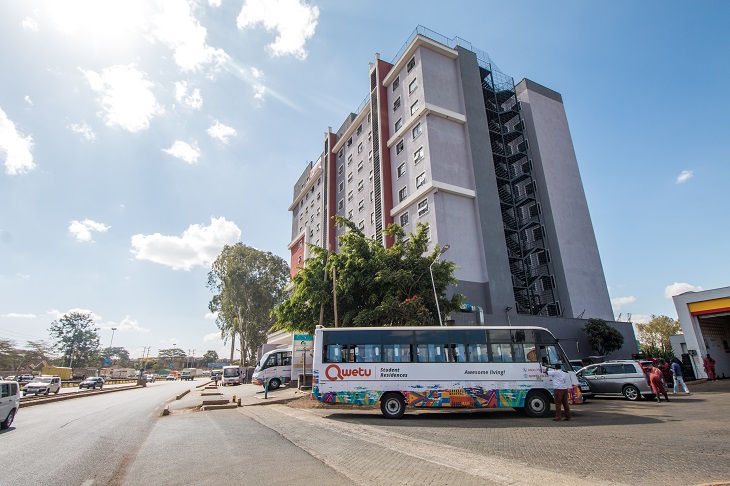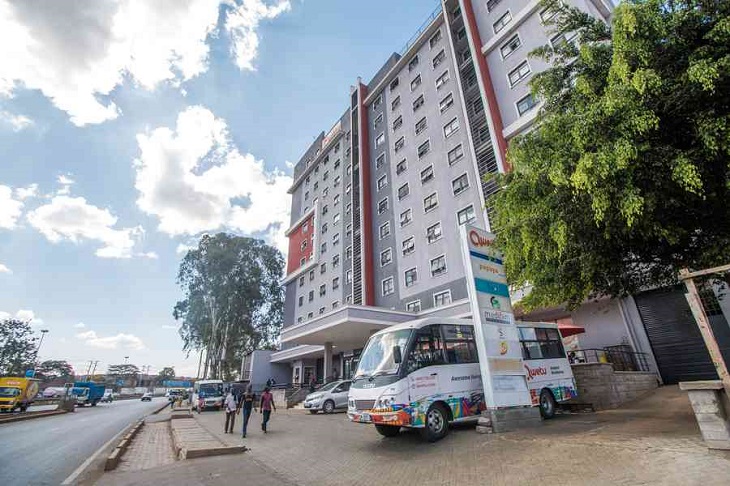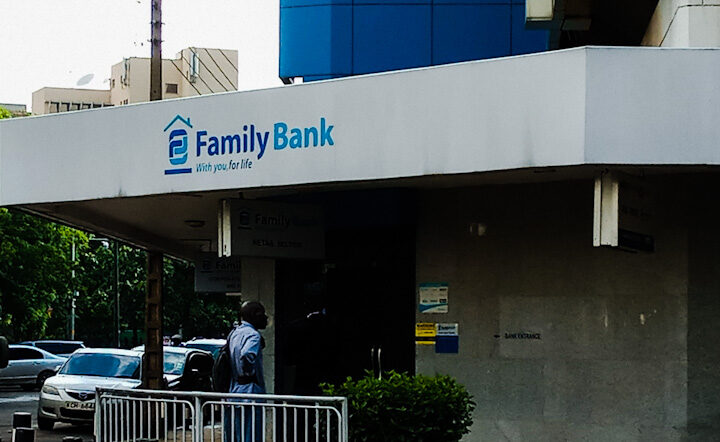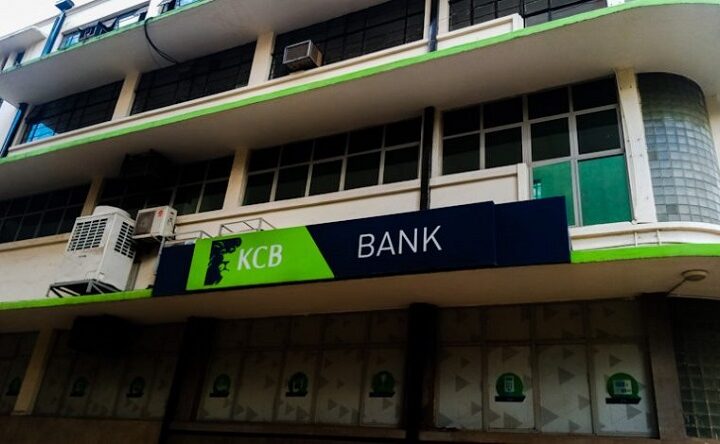You can never go wrong with property. Depending on who you ask, this statement is either an article of faith or a myth. But to distill fact from fiction, let us look at the Acorn Student Accommodation Income Real Estate Investment Trust (ASA I-REIT) 2025-Semi-Annual-Report, which offers us the numbers to make the determination.
First, let us look at the overall property market. Nairobi property prices on average have risen by one and a half times over the last 10 years due to a cocktail of factors, including the massive investment in roads, sewerage, and rapid urbanization. This has transformed Nairobi’s skyline.
This tide has lifted all boats, especially for Acorn, Kenya’s largest operator of hostels or purpose-built student accommodation (PBSA) under the Qwetu and Qejani brands.
The value of Acorn’s property portfolio, housed under the ASA I-RET, has significantly increased since inception. The ASA I-REIT 2025-Semi-Annual-Report shows that the portfolio had a combined Net Asset Value (NAV) of KSh8.62 billion as of June 2025, up from KSh3.34 billion in early 2015—a 2.6-fold increase, outperforming Nairobi’s broader property market.
Net Asset Value, or NAV, measures the worth of a property by taking its market value and subtracting outstanding debts and related costs such as maintenance. Investors use NAV to get a clearer picture of an asset’s underlying value, net of debt.
Acorn attributes the NAV increase to “strong underlying fundamentals of the ASA I-REIT, including prudent asset management, portfolio resilience, and a continued focus on value creation for unitholders.”
A strong NAV is important because it shows that investors in the ASA I REIT were shielded from the ravaging effects of inflation.
Within the portfolio, Qwetu Hurlingham is the strongest performer with an overall property value of KES 2.391 billion. Qwetu Hurlingham, on Argwings Kodhek Road, offers 583 rooms and 834 beds. It opened in January 2022 and changed hands in September 2023.
The ASA I-REIT value also benefited from rental escalations implemented in April 2025. These escalations improved operational efficiencies, which contributed to higher-than-projected revenues across several PBSAs.
Looking ahead
The management says it expects the remaining performance for 2025 to be better due to the reopening of universities between August and September, continued cost savings on property operating expenses, and reduced financing costs due to a lower debt position and declining interest rates.
This means steady returns for the thousands of Kenan investors who invest in these properties through investments such as Vuka. Vuka is Kenya’s first regulated investment platform that allows retail investors to invest in the ASA I-REIT, effectively allowing them to own a stake in Qwetu and Qejani student residences, in essence, becoming landlords.
Related Content: How Acorn Holdings Redefines Quality Construction











